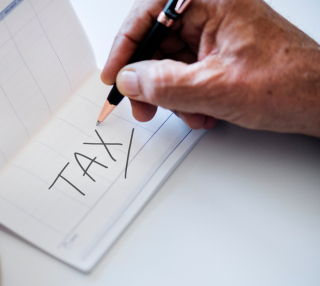 Don’t assume that the new tax law means that you don’t need an estate plan. If anything, you need to review your estate plan to make sure you’re not missing out any new opportunities.
Don’t assume that the new tax law means that you don’t need an estate plan. If anything, you need to review your estate plan to make sure you’re not missing out any new opportunities.
When was the last time you reviewed your estate plan? If it’s been more than a few years, you could be risking making some big mistakes, in terms of taxes and what you leave behind for your loved ones.
The new tax law in effect doubles the federal estate-tax exemption to roughly $11.2 million per person. As a result, most people won’t be subject to federal estate tax. However, before you unfriend your estate planning attorney on social media, understand that the drastic increase in the federal exemption amount means that old wills and trusts may be in dire need of an update.
 Houston Estate Planning and Elder Law Attorney Blog
Houston Estate Planning and Elder Law Attorney Blog










